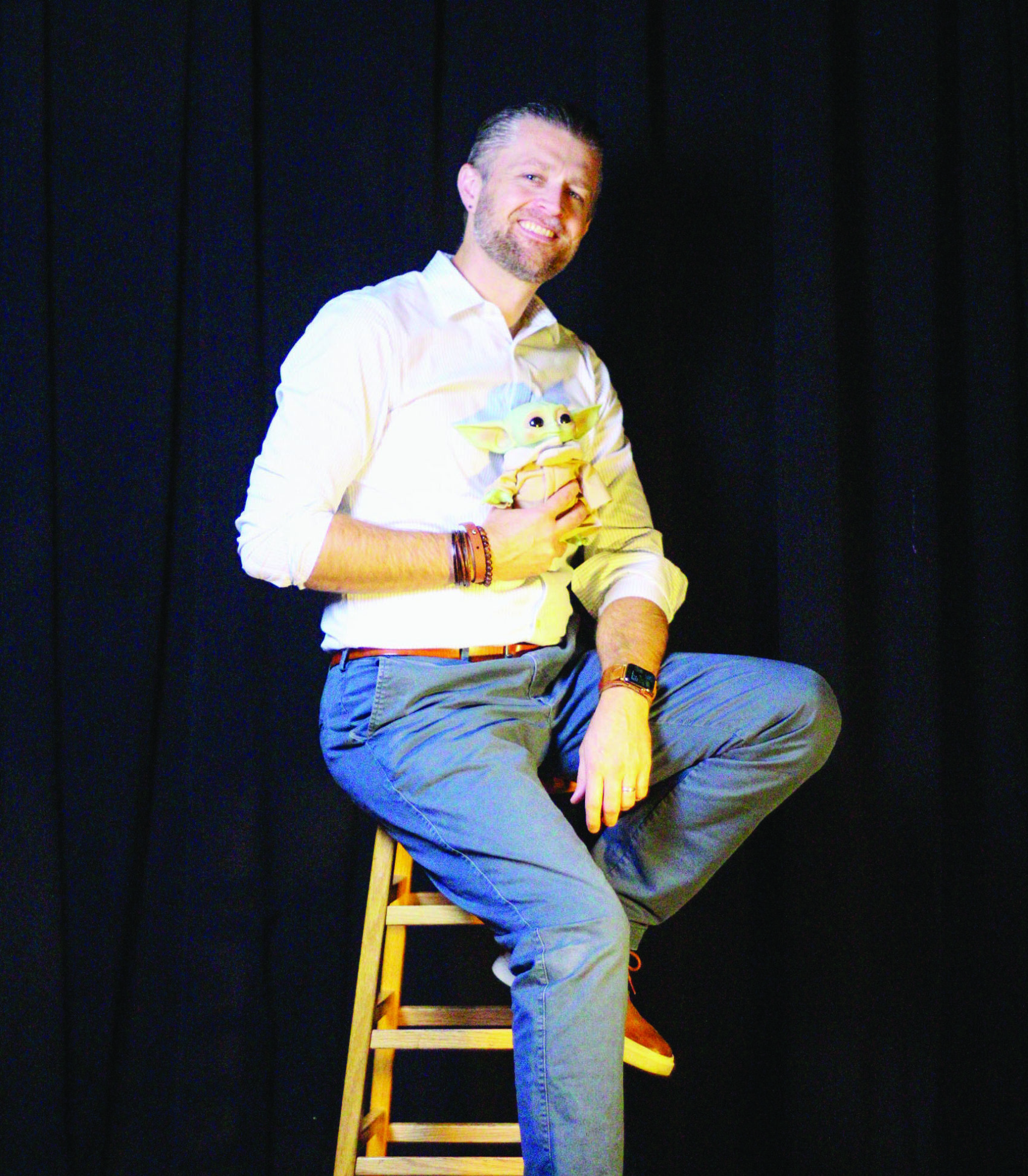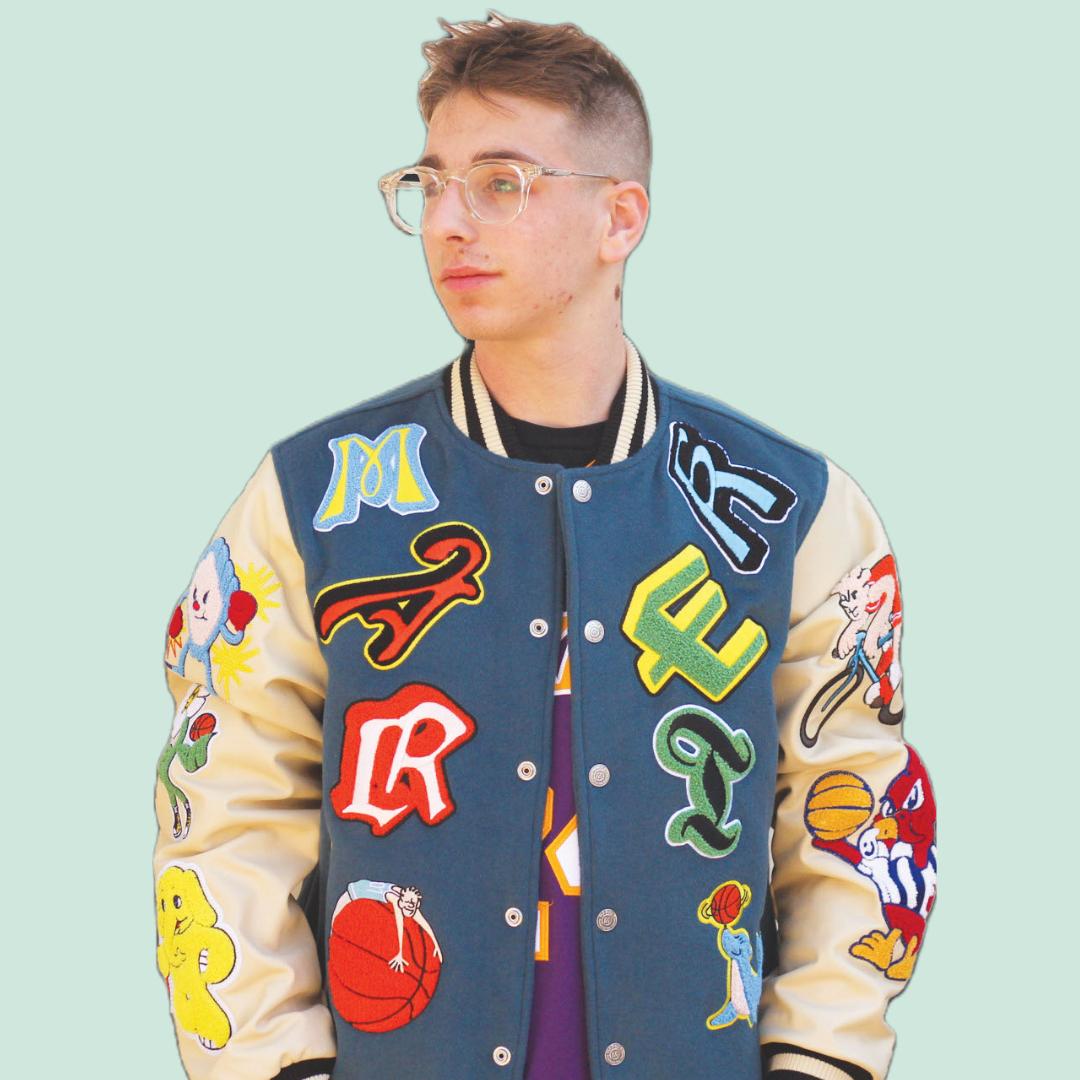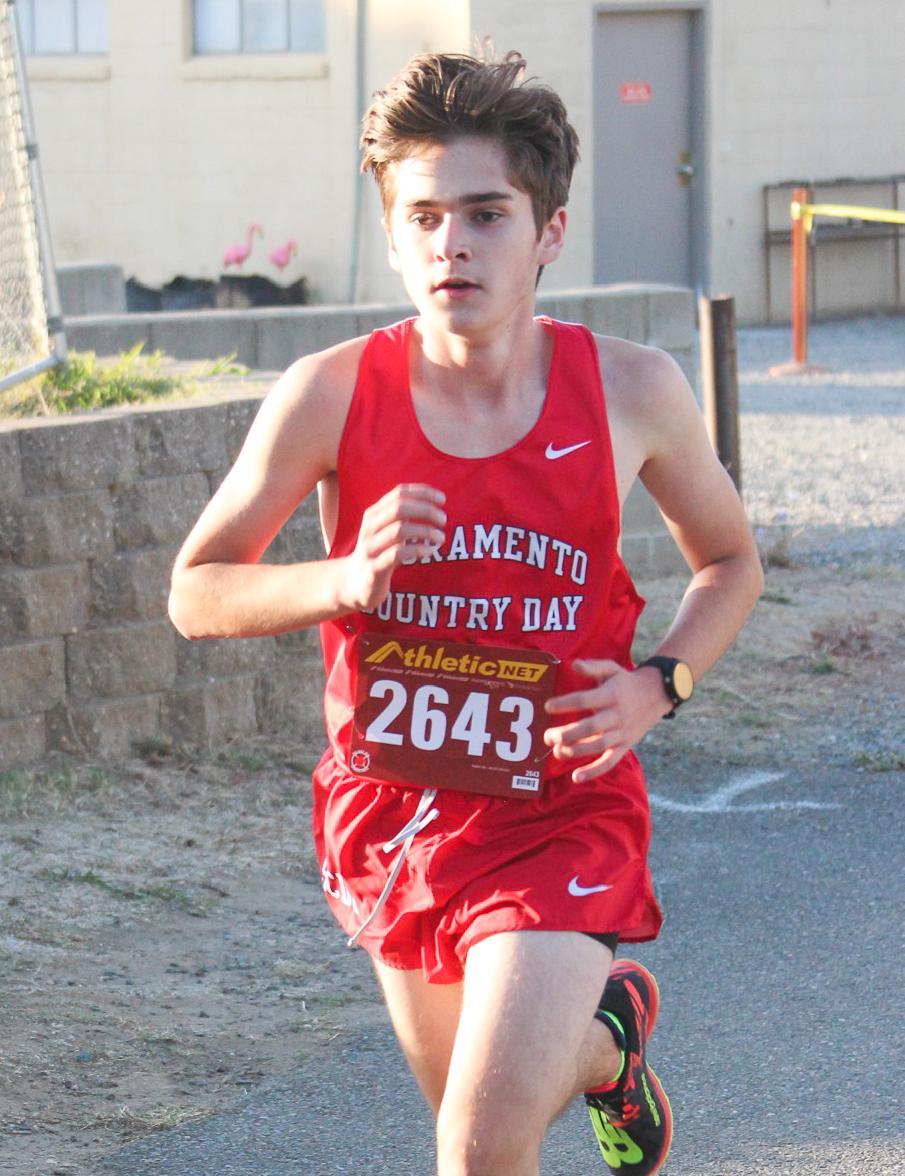Pixar’s “Cars” wasn’t a groundbreaking movie like it’s predecessors “Toy Story,” “Monsters Inc.,” “Finding Nemo” or “The Incredibles.” Still, it earned a respectable 74% on Rotten Tomatoes, and many people — myself included — consider “Cars” to be one of the most underrated and unloved Pixar films.
As a 3-year-old watching “Cars” for the first time, I didn’t comprehend the cinematic masterpiece that I was watching. At the time, I saw fast cars racing with a great story that made the main character, Lightning McQueen, voiced by Owen Wilson, seem more like a real person, or car in this case, rather than a far-fetched figure that I could never relate to. I admit, as a 3-year-old, I could only relate so much, but it was enough to catapult “Cars” into my top three movies of all time, where it remains today.
The greatest thing about “Cars” isn’t its story, but rather the message behind it. The simple title can be misleading. Despite the characters all being cars and living in a world where almost everyone is a vehicle, the movie is about the small, special experiences that we give up in the name of convenience. It’s a great learning experience for people of all ages.
The film starts off with Lightning McQueen preparing for the final race of his rookie season. He has his sights set on becoming the first rookie to win the prestigious Piston Cup. His main competition? Strip “The King” Weathers — a racer with seven Piston Cups to his name — and Chick Hicks, who has always lived in The King’s shadow, consistently earning second place.
As the race begins, Hicks, desperate to win, sideswipes another car causing a major crash. As all the other racers pit, McQueen stays out to establish a lead. Throughout the race he refuses to make complete pit stops to change his tires, only stopping for fuel. This infuriates his pit team, who we learn is the fourth crew of his rookie season after he fired his first three. His strategy backfires on the last lap when some of his tires explode. McQueen valiantly tries to cross the finish line first, but the race ends in a dead tie between The King, McQueen and Hicks.
In a post-race interview, McQueen repeatedly states he is a “one-man show,” prompting his pit crew to quit on the spot, showing his selfish and greedy personality.
As he heads to California, he gets split from his transporter, Mack, and takes a wrong turn, ending up in Radiator Springs, a forgotten and run-down town off of Route 66, where he is tasked with fixing the main road that he destroyed as he arrived.
As McQueen spends time in Radiator Springs, he begins to blossom into a humble and genuine friend. Here, he meets his best friend, Mater the tow truck, and his love interest, Sally Carrera. He also wanders into the garage of the town’s physician and judge — Doc Hudson — where he finds several Piston Cups on the floor and memorabilia that reveals Doc as the famous Hudson Hornet, one of the most renowned racers in the world.
Eventually, Doc comes clean to McQueen after being asked why he didn’t continue racing. He didn’t quit, but his organization dropped him for a hotshot rookie (like McQueen) after he was forced out for a season following a terrible accident.
After McQueen finishes the road, he has the chance to leave for California for his big race, but decides to stay behind and interact with the townsfolk, showing more character development. He respects others more, spends less time thinking about himself and more time caring about other people and learns to appreciate the little things in life.
As McQueen and Sally look out on the Interstate, McQueen notices how people just drive by and don’t realize the hidden gem they’re missing. He makes a silent vow to himself to change that.
After McQueen is found in Radiator Springs, he is grabbed by Mack and rushed to California for the tiebreaker race despite his reluctance to leave his new friends.
In California, McQueen struggles to get into his racing mindset and lags behind The King and Hicks because his memories from Radiator Springs affect his performance.
As McQueen struggles to pull himself together, Doc’s voice comes over the radio. He and other residents of Radiator Springs have come to be his much needed pit crew for the race. Invigorated, McQueen sets out for the other racers.
As McQueen reels in the competition, Hicks makes contact with him, blowing out a tire and earning a yellow flag. McQueen limps back to the pits and sets up one of the greatest moments in cinematic history in the eyes of a 3-year-old child (although it is still one of my favorites).
Having been taunted by Hicks’ pit crew throughout the race, Guido, a friend of McQueen from Radiator Springs and his one-man pit crew, puts on his game face and executes the fastest pit stop in Piston Cup history, single-handedly changing all four tires in under four seconds. After blowing the smoke from his drill like a cowboy would his revolver, Guido glares at Hicks’ pit crew with the corner of his eyes and exclaims “pit stop” in his brilliant Italian accent, causing their mustaches to clatter to the ground in their surprise.
As McQueen beats the pace car out and makes up the lap he lost, the racers enter the last lap of the race neck and neck. McQueen pulls into the lead before being crashed into once again by Hicks, sending him sliding off the track and onto the grass. Lighting however, recalls the words of Doc Hudsosn, “turn right to go left.” He does so and reclaims the lead by a considerable margin, almost guaranteeing him the win. In anger and desperation, Hicks sideswipes The King, sending him into a horrible crash, eerily similar to Doc Hudson’s career ending accident. The King flips and rolls in the air before finally coming to a stop on the grass.
Noticing the silent crowd, McQueen sees The King on the big screen and can’t help but compare him to how Doc looked in the picture after his crash. This set up one of the most moving scenes that brings the movie full circle. Without a doubt, it’s one of the best scenes in any Pixar movie.
In a split second decision, McQueen slams on his brakes — stopping inches from the finish line and sacrificing records and the championship. As Chick Hicks zooms past him to claim the Piston Cup, the crowd remains silent and dumbfounded as to why McQueen stopped. He shifts to reverse, backs up to The King, and pushes him across the finish line, saying “I think The King should finish his last race.”
When asked why he gave up the Piston Cup, McQueen simply responds “this grumpy old racecar I know (Doc) once told me something — it’s just an empty cup.”
Since I was young when I watched this movie, I never understood just how profound the meaning of this scene was. Racing isn’t just about winning. Actions and character are true measures of a person rather than “an empty cup.”
Overall, “Cars” gives insight into how a person should live their life. Turn off of the quick and unforgiving “racetrack” that is life and learn to appreciate the smallest, most simplistic things.
We see this progression happen throughout the movie with McQueen. He slows down from his fast-paced racing lifestyle and learns to appreciate the lifestyle and cars he finds in Radiator Spring.
“Cars” was a brilliant movie with a great story, character development and amazing graphics for its time. As a kid I loved the movie, and as I grew up, I began to understand the message it was conveying.
Life is about the journey, not the finish line.
— By Arjin Claire
Originally published in the Feb. 2 edition of the Octagon.



